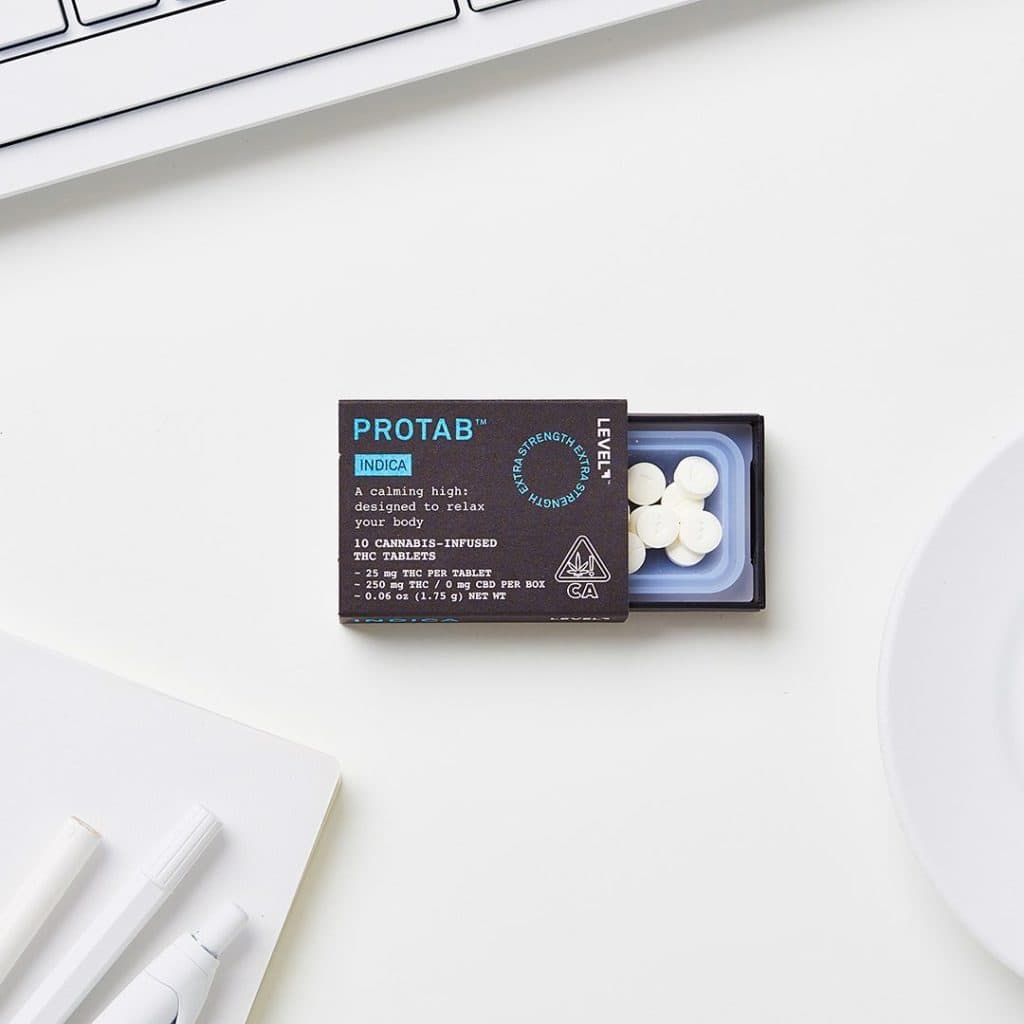Guest Blog by Level
We’re hearing a lot about how to stock our pantries for these unprecedented times, but what about our medicine cabinets? Obviously, it’s wise to have an extra month or two of prescribed medications on hand should you need to stay inside (and this helpful article about how to do that when your insurer tries to limit coverage). And it can’t hurt to have allergy medication nearby to keep pollen-induced sniffles and paranoid thoughts at bay. But what about everything else? Anxiety, pain, and sleeplessness can run high in normal circumstances, so it’s no wonder we’re all looking for ways to manage this new wave of emotional and physical discomfort.
Luckily, we’re a cannabis brand focused on emergent cannabinoids. Researching novel ways to soothe ourselves is what we do.
For Anxiety
It’s no wonder we’re all so anxious these days. With the trajectory of the world more in flux than ever, it’s all we can do to keep calm and carry on. And as much as we love drinking wine and baking cookies, we deserve to have anti-anxiety tools that’ll spare us the hangover or sugar crash. Your best substance-free route is—you guessed it—meditation, which isn’t to say you should feel pressured to do it all on your own. Headspace and YouTube both offer guided meditations you can follow along for free. Yoga is another great way to quiet your mind while moving your body.
Maybe you’ve exhausted those options and still feel anxious or maybe you simply don’t have a quiet space to meditate (trust us, we feel your pain). That’s where cannabis comes in handy. For a non-intoxicating dose of calm, we suggest turning to high-quality CBD and CBG. Early research and lots of anecdotal evidence show both cannabinoids can be effective at reducing anxiety. For a fast-acting and subtle dose of calm, sublingual administration is the way to go. For long-lasting relief, go with an orally administered pill. While we’re on the topic, we’d be remiss not to mention that our Hangover Protab does an excellent job of soothing rattled nerves and preventing hangovers—in case you do end up drinking that whole bottle of wine.
For Pain
You might’ve seen social media light up in recent weeks with concerns about NSAIDs like ibuprofen making some coronavirus symptoms worse. This claim has since been proven to be largely unsubstantiated and attributed to weak anecdotal findings. That said, there is some evidence that taking NSAIDs when you have an acute respiratory infection can increase your risk of heart attack. While NSAIDs are generally very safe, those who are immunocompromised and abundantly cautious may want to switch to acetaminophen (aka Tylenol) for the time being.
If you’d prefer to skip those kinds of drugs altogether, there are other options for mild pain relief (for severe pain, please call your doctor). Herbal remedies like willow bark, cloves, and turmeric have been known to reduce inflammation and ease minor aches. Of course, cannabis may be the most effective plant medicine when it comes to treating pain. This is largely thanks to three important cannabinoids: THCA, CBD, and CBG. All three are nonintoxicating and deliver relief in different ways. Early research shows THCA and CBG may have anti-inflammatory properties, while CBD has wide anecdotal evidence of its pain-relieving properties. Remember—the best dose is the lowest possible dose, so start small and gradually work your way up until you feel your desired level of relief.
For Sleep
A restful night’s sleep is crucial for maintaining good health, but anxiety and pain are both notoriously unhelpful when it comes to getting a full eight hours. If you’ve already addressed your pain and/or anxiety and still aren’t getting the Zzzs you’re after, there are other remedies you can try—namely cannabis crafted specifically for sleep and full-body relaxation. For those comfortable with a psychoactive high, an Indica Protab can really do the trick. The orally administered tablet can take an hour or so to kick in, but once it does, it provides lasting relaxation that can help you sleep through the night.
If falling asleep is your concern, go the sublingual route and start feeling the effects within 15 minutes. You can also avoid an intoxicating high by leaving THC out of the equation and trying CBN, a rare cannabinoid and the end product of aged THC. A combination of early research and anecdotal evidence shows CBN may have sedative qualities. To find out for yourself, start with the lowest dose possible and gradually add more until you reach an adequate level of sleepiness.
To browse our full catalogue of products designed to help you manage the discomforts of daily life (in uncertain times or otherwise), go here. We’re all going to get through this together by taking it one day at a time.
These statements have not been evaluated by the Food and Drug Administration. These products are not intended to diagnose, treat, cure, or prevent any disease.
Sources
https://www.goodrx.com/blog/prescription-quantity-limits-insurance-plans-limit-coverage/
https://www.headspace.com/meditation/guided-meditation
https://academic.oup.com/jid/article/215/4/503/2965358
https://gimletmedia.com/shows/science-vs/6nh39mk
https://www.healthline.com/health/pain-relief/surprising-natural-pain-killers#willow-bark
https://www.jstage.jst.go.jp/article/bpb/34/5/34_5_774/_article


